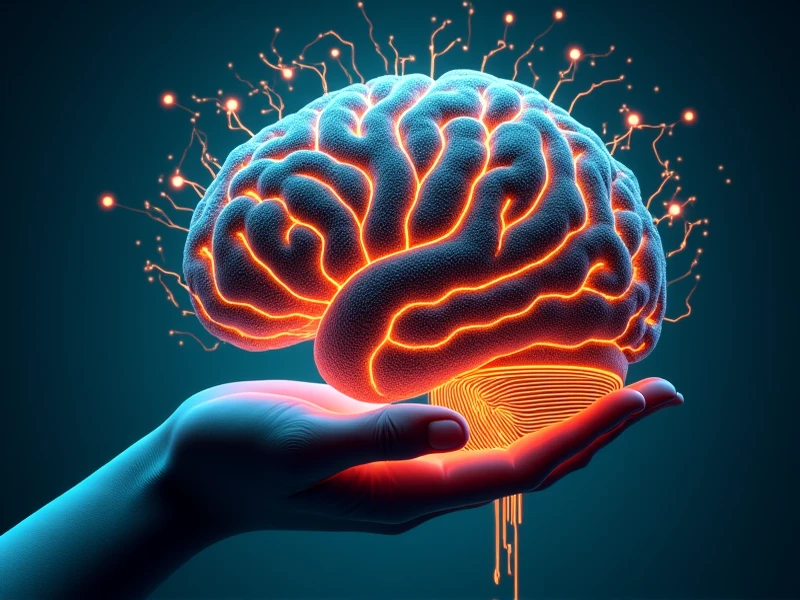CBT for Anxiety: A Comprehensive Guide

Understanding Anxiety and Its Impact
Anxiety, a typical biological response to perceived threats, is meant to protect us. Yet, sometimes this natural mechanism overreacts, evolving into what we classify as anxiety disorders.
- Anxiety as a Normal Biological Response: Fundamentally, anxiety is our body’s alarm system, alerting us to potential danger and aiding in preparation.
- When Anxiety Becomes a Disorder: Anxiety disorders develop when this normal emotion becomes exaggerated, leading to persistent, excessive fear that interferes with daily functioning.
- The Impact of Untreated Anxiety on Daily Life: Chronic, untreated anxiety can severely disrupt life, affecting everything from personal relationships to professional performance.
What is CBT for Anxiety?
Cognitive Behavior Therapy (CBT) is a highly effective treatment for anxiety that focuses on altering thought patterns to improve emotional regulation and develop coping strategies.
- CBT Defined: How Thoughts and Behaviors Affect Feelings: The core principle of CBT is understanding that negative thoughts and behaviors can perpetuate feelings of anxiety.
- CBT vs. Traditional Talk Therapy: Key Differences: Unlike standard talk therapy, CBT is structured, goal-oriented, and focuses on present thinking, behavior, and communication patterns.
- The Collaborative, Time-Limited, and Structured Approach of CBT: It involves active collaboration between therapist and client and is typically conducted over a set session count.
How CBT Treatment for Anxiety Works
This method involves several steps to modify the thought patterns that lead to anxiety.
- Identifying Problematic Thought and Behavior Patterns: Clients learn to recognize and challenge distressing thoughts that lead to anxiety.
- Learning Coping Mechanisms and Skills: Strategies such as mindfulness and worksheets for anxiety management are utilized to manage symptoms.
- Techniques for Adopting a Balanced View (e.g., Addressing “”All-or-Nothing”” Thinking): Clients are taught to see situations in shades of gray rather than black or white.
- Breaking the Anxiety Cycle Through Behavioral Changes: This step focuses on changing behaviors that fuel anxiety, such as avoidance.
CBT for Anxiety Disorders: Types and Applications
CBT is adaptable and can be customized for various forms of anxiety disorders.
- CBT for Generalized Anxiety Disorder (GAD): Focuses on managing persistent and exaggerated worry about everyday life.
- CBT for Panic Disorder: Helps minimize the frequency of panic attacks and the intense fear associated with them.
- CBT for Specific Phobias: Targets the irrational fear of specific objects or situations.
- CBT for Social Anxiety Disorder: Aims at reducing the fear of social situations and increasing confidence in interactions.
Benefits of CBT and Anxiety: Does CBT Work?

CBT is one of the most extensively studied therapies in the treatment of anxiety disorders, proving to be effective in numerous clinical trials.
- Research-Backed Effectiveness of CBT: Studies repeatedly illustrate that CBT efficiently reduces symptoms of anxiety and can provide lasting relief.
- Lasting Positive Effects on Functioning and Quality of Life: People who undergo CBT experience significant improvements in everyday functionality and overall happiness.
- Why Many Don’t Seek Treatment and the Importance of Intervention: Despite its effectiveness, a significant number of individuals with anxiety do not seek help; understanding and advocating for treatment can change lives.
CBT for Anxiety Attacks: Managing and Preventing Them
Immediate techniques and long-term strategies are essential in managing and preventing anxiety attacks.

- Using CBT Techniques During an Anxiety Attack: Techniques like deep breathing, mindfulness, and grounding can help manage acute symptoms.
- Long-Term Strategies for Preventing Future Attacks with CBT: Regular practice of CBT skills, including thought record keeping and cognitive restructuring, can prevent the recurrence of anxiety attacks.
- Developing Personalized Coping Mechanisms: Tailoring coping strategies to individual experiences is essential for effective anxiety management.





